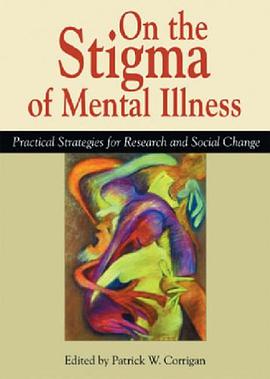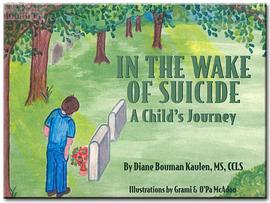

具体描述
Beginning with Darwin's theory, Barber shows how the original notion of a dog-eat-dog world where survival of the fittest is the only rule must now be modified by new findings on altruism. In bees, for example, the workers evolve without reproductive ability and exist only for the good of the hive and the propagation of the queen bee's genes. In addition, vampire bats will spontaneously share food through regurgitation, evidently so that the favour will be returned when food sources are scarce. In humans, reciprocal arrangements depend on trust, so moral emotions, like guilt, embarrassment, resentment, and pride, have evolved to guard against the temptation to cheat, which would destroy the basis of trust on which so much depends. Barber brings the revealing insights of evolutionary psychology to these examples and more, and delves into related issues including sex differences in kindness, new approaches to rehabilitating criminals, the connection of kindness to health, and the political manifestations of altruism in the environmental movement.
作者简介
目录信息
读后感
评分
评分
评分
评分
用户评价
相关图书
本站所有内容均为互联网搜索引擎提供的公开搜索信息,本站不存储任何数据与内容,任何内容与数据均与本站无关,如有需要请联系相关搜索引擎包括但不限于百度,google,bing,sogou 等
© 2025 book.quotespace.org All Rights Reserved. 小美书屋 版权所有




















